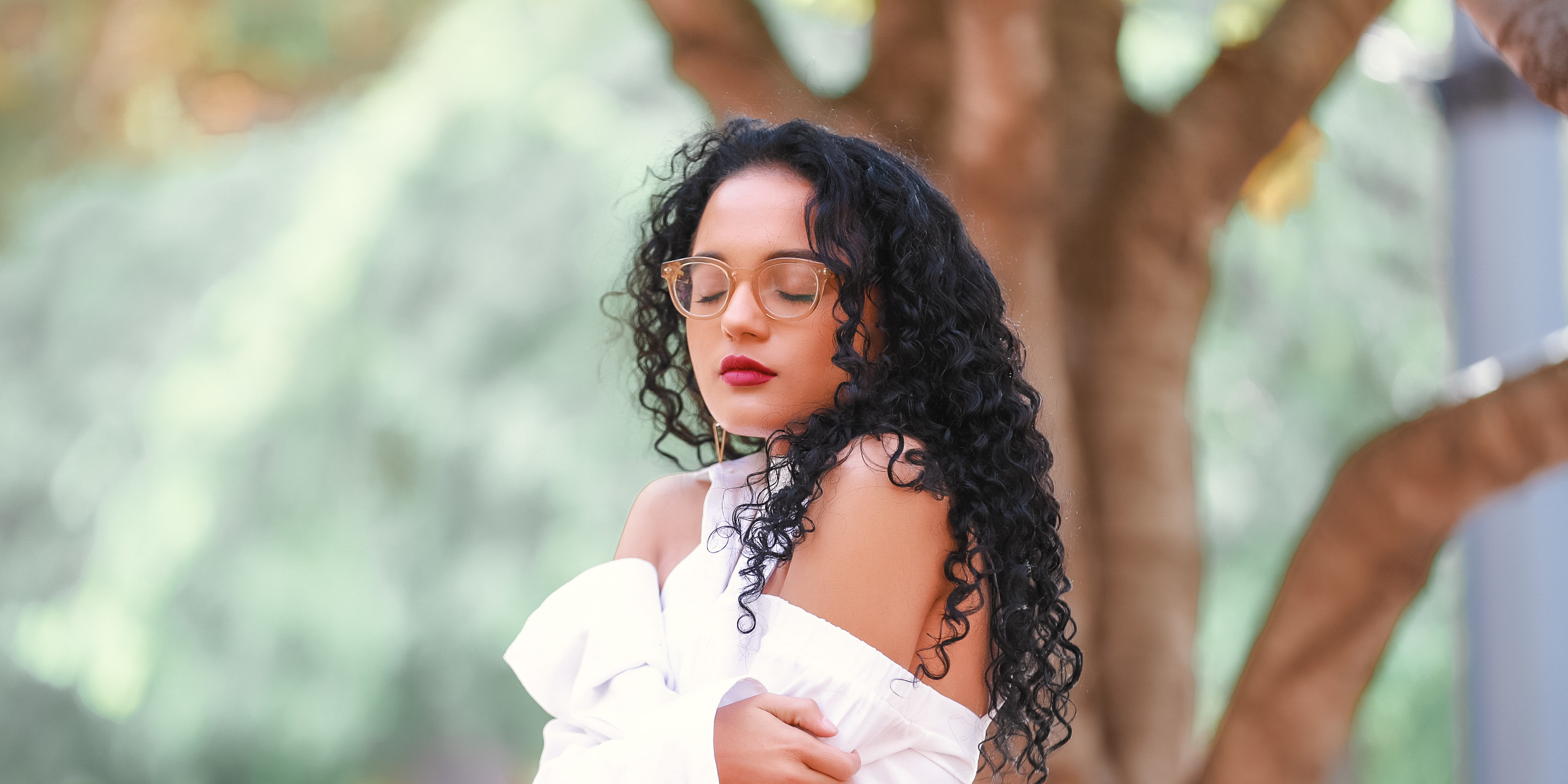Many of us struggle to practice self-love, but it can be especially challenging for abuse survivors to master. Individuals who have gone through any abuse, whether sexual, emotional or spiritual, were told by their abuser in either spoken or unspoken terms that they were not loved. Sometimes it’s during the secondary layer of abuse (Double Abuse®) when a survivor attempts to reach out for support and rather than being believed the victim is doubted, criticized and even ostracized by their family, friends, church or professional communities that this harmful message is conveyed. After hearing and believing in a contrary position, it’s easy to feel unlovable. The unlovable feeling can become an unintended part of your identity. To any survivor feeling this way, we want to say that we are sorry for what you’ve gone through. We hope to empower you on your journey to recovery with a few tools to practice self-love.
First, we want to assure you that the abuse you endured is not your fault. The feelings of shame and self-loathing you might be experiencing are normal for people who have been mistreated. Abuse victims, such as children or adults in romantic relationships, have either been told lies about themselves or have been led to believe them by the abuser’s actions. For example, someone in an emotionally abusive relationship may have regularly heard deprecating lies like, “You aren’t good enough.”” “No one else would put up with your behavior,” or “You’re not smart enough to make it on your own.” Or maybe, the abuser communicated toxic messages by continually treating the victim like a second-class citizen, as if they didn’t deserve to be treated well. Likewise, experiencing abuse is so damaging to the heart, mind and body that the victim may begin to believe that they did something to deserve the abuse. This is not true. No one deserves abuse. Abuse is always a choice, and it’s never the victim’s fault. We are all worthy of love.
It’s also common for abuse victims to be empaths, who are individuals naturally skilled at relating to the mental and emotional state of others. Lots of abusers are narcissists, who are people that enjoy taking advantage of the type of kindness and accommodation empaths provide. Survivors might be so focused on others that they don’t even realize they are not taking care of and loving themselves. We all long to experience love from others, but none perhaps as much as empaths. They tend to be extremely caring and always giving others the benefit of the doubt even when faced with toxic behaviors that continually repeat themselves.
Whether you are a survivor or an empath and a survivor, we want you to know that it isn’t healthy to doubt your self worth or to offer love to everyone except yourself. Maybe you’ve been having these negative thoughts for so long they have become a part of you and you are unable to identify your experience of them or where and why they started. If that’s you, we encourage you to think about some of your habits. For example, have you ever thought about harming yourself? Have you ever intentionally starved yourself or purged your food on purpose to “look better”? Have you ever said “no” to opportunities that you really wanted to say “yes” to, and you weren’t sure why? These actions and others like it can quickly become the new normal when we don’t have healthy self-love. If you have done or are doing any of these things, it does not mean you are corrupt or broken. It just means that you’ve been attempting to process the harm that has been done to you.
You may be wondering what healthy self-love looks like, and that is an excellent starting point for becoming a better advocate for yourself. Some practices of self-loving people include:
Listening to Your Emotions.
Declaring Your Goodness.
Feeding Your Passions and Exploring Your Talents.
Going With Your Gut.
The journey to self-acceptance is not one that should be walked alone. While implementing the tips we mentioned is an excellent first step, you cannot heal in isolation. We encourage you to seek out safe connections and additional support as you undergo this process. Even if you have been told otherwise countless times, you are allowed to love yourself and to experience the love that people can bring you. So, surround yourself with people, even just one or two, who will keep you accountable to love yourself.
If you are struggling with self-love, show yourself grace as you embark on this journey. Know that you are taking the right steps towards your healing. One’s ability to have healthy self-love is crucial for successful childhood development as well as for experiencing healthy romantic love. It is the key to healing from abuse and moving towards wholeness, which is something we at The M3ND Project feel you deserve.
This month on the blog, in honor of Valentine’s Day, we will be sharing how to show love to abuse victims. We will be talking about loving yourself after abuse and loving a spouse, a child and a friend who has been abused. Make sure to follow us on Facebook or Instagram for all of the latest posts and information from the M3ND Project.















I found this interesting. Thanks for taking the time to discuss this, I feel that I love to read more on this topic.